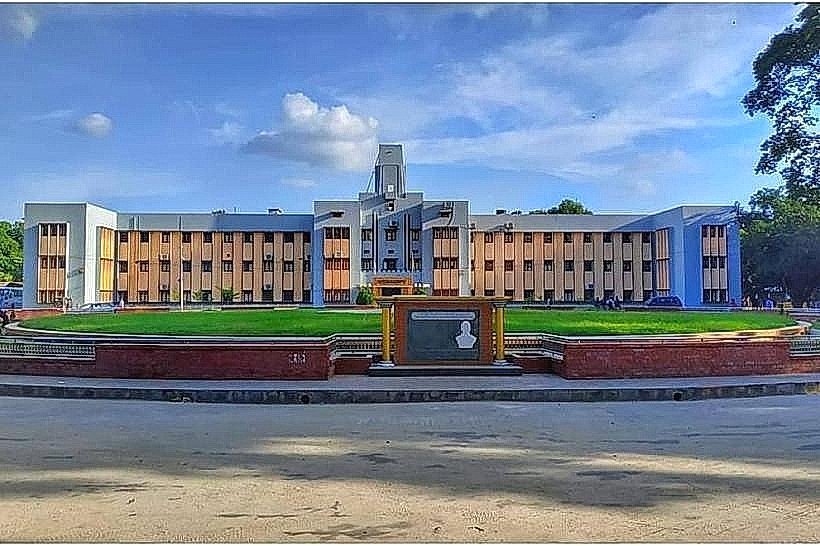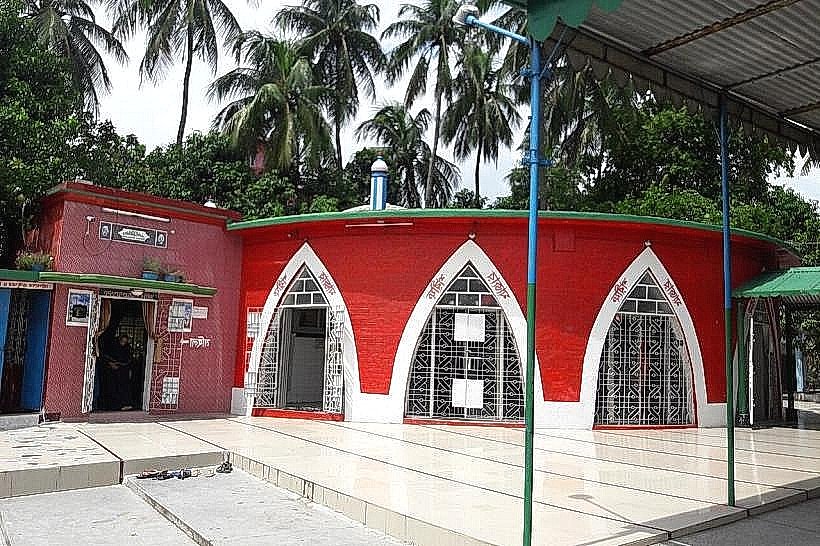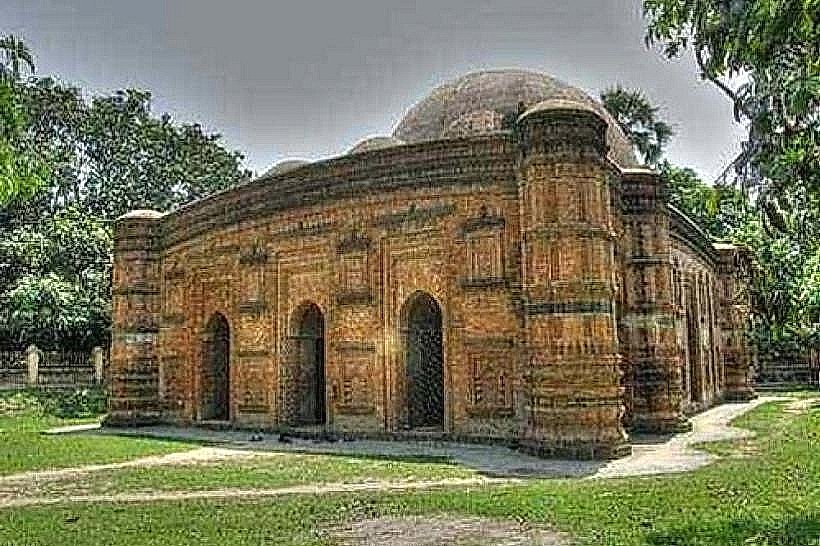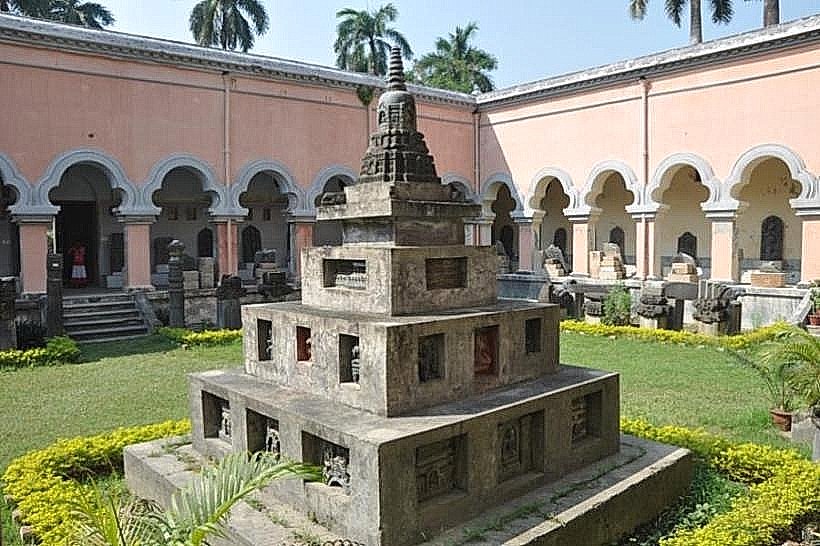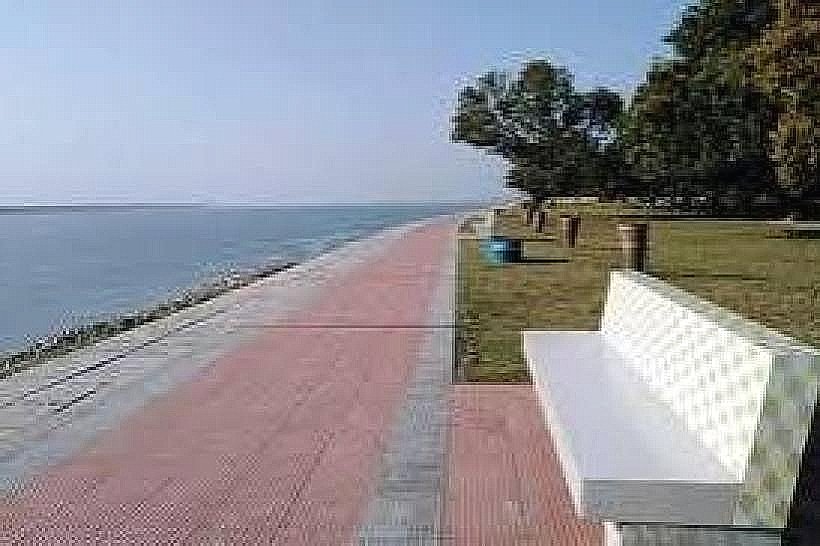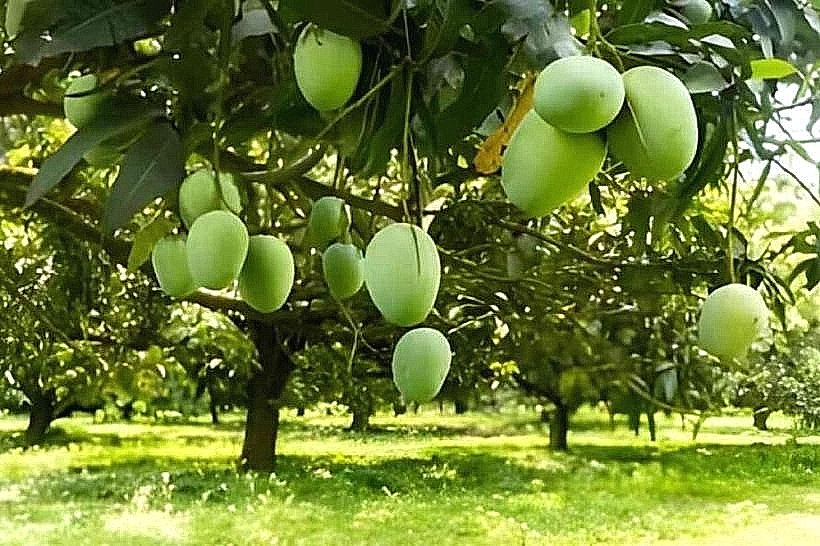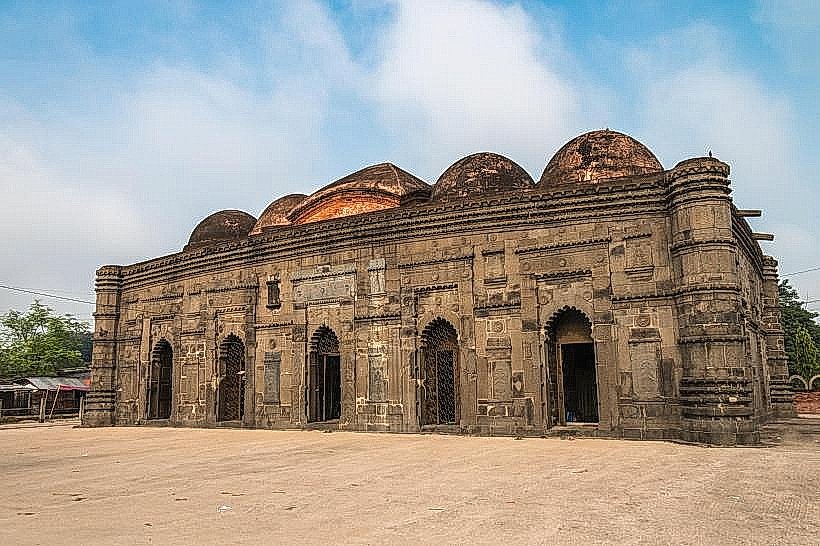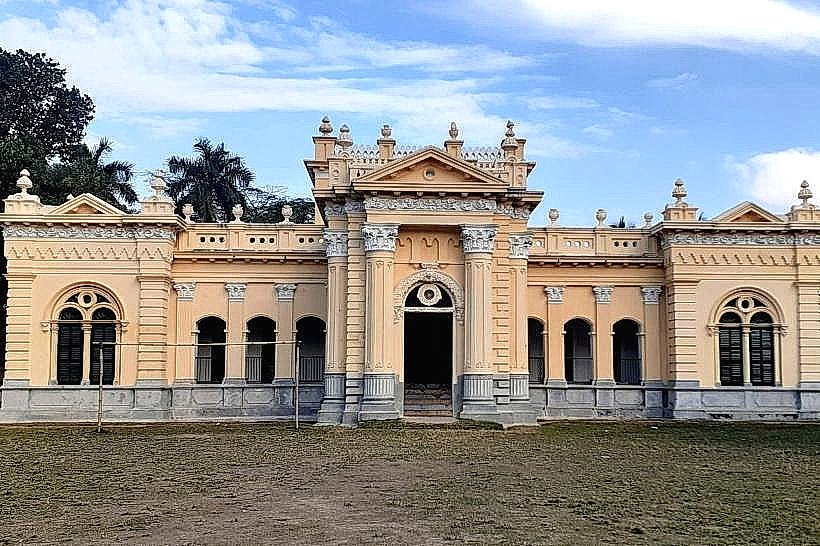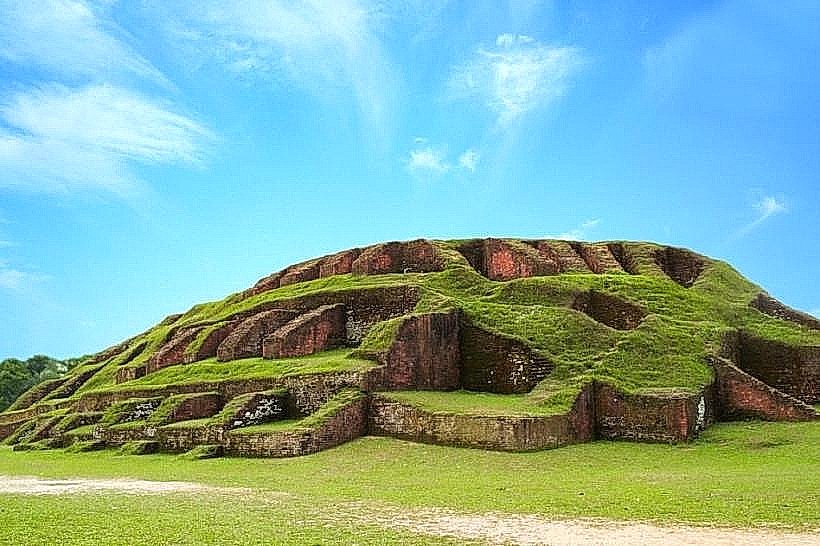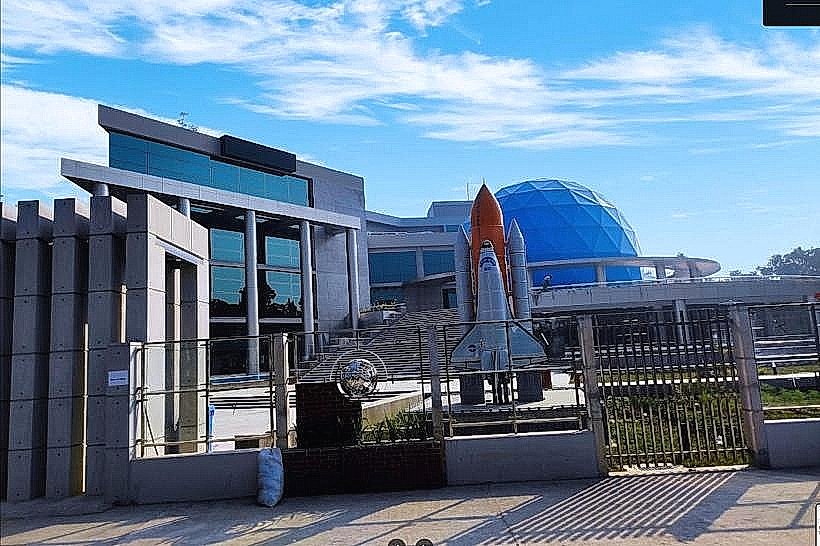Information
Landmark: Puthia Temple ComplexCity: Rajshahi
Country: Bangladesh
Continent: Asia
Puthia Temple Complex, Rajshahi, Bangladesh, Asia
The Puthia Temple Complex is a collection of historical Hindu temples located in Puthia Upazila, Rajshahi Division, Bangladesh.
This architectural ensemble represents a significant concentration of religious structures from the medieval period in Bengal.
Visual Characteristics
The complex features multiple temples constructed primarily from brick, often adorned with terracotta plaques depicting mythological scenes and daily life. The largest structure, the Govinda Temple, is a square building with a pyramidal roof. The Shiva Temple is characterized by its tall, curvilinear spire. The Chandrabhairavi Temple exhibits intricate carvings on its facade. The Dol Mancha is an octagonal platform.
Location & Access Logistics
Puthia Temple Complex is situated approximately 30 kilometers east of Rajshahi city center. Access is via National Highway 6 (N6), turning off towards Puthia town. The complex is located within Puthia town, accessible by local roads. Parking is available on-site, though it is informal. Local buses operate frequently between Rajshahi and Puthia. Auto-rickshaws are also available for hire within Puthia.
Historical & Ecological Origin
The temples were constructed during the 18th and 19th centuries by the Zamindars (landlords) of Puthia. The Govinda Temple was built in the late 18th century, and the Shiva Temple in the 19th century. The original purpose was religious worship and to serve as centers of local Hindu communities. The architectural style reflects a blend of traditional Bengali and Mughal influences.
Key Highlights & Activities
Exploration of the individual temples, including the Govinda Temple, Shiva Temple, Chandrabhairavi Temple, and Dol Mancha. Observation of the terracotta artwork and architectural details. Photography of the structures and surrounding grounds. Walking through the complex to appreciate the historical context.
Infrastructure & Amenities
Basic restroom facilities are available near the main entrance. Shade is provided by mature trees within the complex. Cell phone signal (4G) is generally available. Food vendors are typically present outside the complex, offering local snacks and beverages.
Best Time to Visit
The best time of day for photography is during the early morning or late afternoon when the sunlight provides optimal illumination for the terracotta details. The dry season, from October to March, offers pleasant weather. Avoid visiting during the monsoon season (June to September) due to potential heavy rainfall.
Facts & Legends
A notable historical detail is that the Puthia Raj family was one of the largest Hindu landholding families in Bengal. Local lore suggests that the Shiva Temple was built by Rani Bhubanmoyee Devi in memory of her husband, and the construction was funded by the sale of her gold ornaments.
Nearby Landmarks
- Puthia Palace (Rajbari) - 0.2km West
- Nilkuthi (Indigo Factory) - 0.8km Northwest
- Bagha Mosque - 25km Southeast
- Varendra Research Museum - 30km West
- Shah Makhdum Rupos Tomb - 32km West

